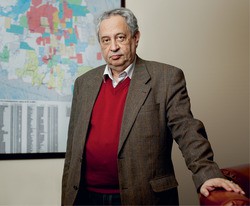Privet, Yaoundé!
Vladimir Volkov
Stepping from a minus-20-degree Moscow frost into an old mansion just a few paces away from the Kremlin, you would rather expect a cup of hot tea than stories of the permafrozen soil. However, the host in this office, Mikhail Solodovsky – an imposing, grey-haired man in his early sixties, not devoid of a youthful chic (dressed in a red knitted pullover, brown checked jacket and blue jeans) – starts by laying out a presentation of a new garden city beyond the Arctic Circle. This is a hi-tech, multilevel building of steel and glass, whose futuristic design would make Norman Foster envious. It will soon be built in Salekhard, the Russian gas producers’ capital where, by the way, convicted criminals were once exiled. With a hand bearing a massive gold band on its ring finger, Solodovsky is turning the leaves of a colorful folder showing drawings of wall paintings and decorations in the Lord’s Transfiguration Church – intended to be one of the highest and most prominent buildings in the city.
“As to the size, it will be inferior only to the Cathedral of Christ the Savior in Moscow. Now, we are choosing the design for the bell icons,” he says.
Solodovsky manages projects for a Russian company involved in the comprehensive Yamal mineral resources development program supervised by Gazprom. To mention a few: the company contracted the building of the 572 km-long, world’s northernmost railway – on the Arctic Yamal peninsula – started in the middle of the 1980s. In 2010, the branch line was extended to Bovanenkovo. In October 2012, a huge gas deposit estimated at 5 trillion cubic meters was launched into production there in the presence of President Putin. The fuel produced from this deposit (prospectively about 140 billion cubic meters a year) will enter the unified gas distribution network via a separate long-distance pipeline, which is, needless to say, also the northernmost one on our planet. Add to this a new airport with a 2.6 km runway, and the Arctic port Sabetta founded last July to export liquefied natural gas, and you will have a good picture of the extraordinary deeds of the builders of the North.
“No country in the world has built anything in the Arctic latitudes. Today, Russia has clearly demonstrated it has no equals in the Arctic,” Gazprom CEO Alexey Miller stated on the day of the Bovanenkovo triumph.
Solodovsky generally shares this pride, but he feels like drawing attention to the working vigor not only of the Far North, but of more southern regions – specifically Central Africa, where he worked for a long time as a project manager and consultant, building roads, houses, and even an airport. It is in Africa that he believes he can fully utilize the invaluable experience and connections he acquired there.
The CIA World Factbook says “Cameroon’s business environment – one of the world’s worst – is a deterrent to foreign investment.” That statement – Solodovsky insists – has nothing to do with reality
That’s How the Tamtam Works
Most of Solodovsky’s African odyssey was spent in Cameroon, where he arrived in the early 1990s by pure chance:
“My wife’s friend married a Cameroonian who had studied at the Peoples’ Friendship University of Russia and left for his homeland. We were keeping in touch by phone, and then I went to visit them. That’s how it began,” he says.
While in Moscow, Jean Mari (the Cameroonian student, who later became a minister in his own country) had driven a red Porsche. Recently Solodovsky learned from a newspaper that several years ago the car had shown up in the garage of a well-known Russian oligarch.
“When I told Jean Mari, he laughed a lot. By the way, a great number of Africans who studied with us later became high-ranking officials in their home countries. This is a unique resource almost unused by Russia today,” he notes.
Solodovsky, who is also an expert at the State Duma consulting on economic relations with Central Africa, and who prefers to be mentioned in mass media as an ‘Africa expert’, did not come to know this new world quickly and easily. There were some tragicomical encounters. One took place while driving with Jean Mari through Cameroonian countryside considered off-limits for white people. Here he learned the importance of knowing local customs for avoiding unpleasant incidents. On his iPhone screen Solodovsky shows me a photo of a big, spreading tree, asking whether I notice anything in it. To my negative answer he urges me, “look more attentively, for your life may depend on it.” After a while he explains that a man armed with a spear is hiding there, hunting for a man’s head to present to his bride’s parents, in order to propose to her as custom prescribes.
Solodovsky and Jean Mari had been making for a village in the foothills, along the trail passing by that tree.
“Suddenly he pulled me back sharply and started to look about. Then he fixed his stare on the tree and talked with it – and the tree answered.” Solodovsky smiles. After a few minutes the man left his ambush and climbed down.
“He turned out to be a nice, friendly guy with a shining snow-white smile, having nothing against us personally. But his situation was hopeless, for he had to marry and needed somebody’s head to do so.” Plain killing was unacceptable by local standards of honor, which is why he had drawn a line across the trail – to use his weapon against a trespasser in good conscience. Fortunately, the experienced Jean Mari noticed the line and saved his companion before the fatal step.
Ignorance of local laws – formal or informal – does not relieve you of responsibility in business as well, the expert continues, although the consequences of such mistakes are not so lethal. To illustrate this, Solodovsky tells another story. A French company, having built a new supermarket on the outskirts of a city, could not understand why the locals gave it a wide berth. It turned out that they had made an unforgivable mistake at the very beginning. Although having completed formalities with all other local authorities, they had failed to solicit the support of the chief of a local tribe, on whose land the supermarket had been built.
“Everything improved instantly as soon as they paid honor to the chief: the store was flooded with people. That’s how the tamtam works,” Solodovsky explains.
There is another story of the same kind. Once, the wife of a high-ranking local official, who was French, showed insufficient respect to the chief of her husband’s tribe.
“As a punishment, the chief ordered him to kneel at a dusty crossing, and he remained there in the same posture the whole day, in a white suit. Even being a member of the government, he remained subordinate to his chief to the end of his days. Imagine what happened to his spouse after that. However, the same could have happened to a company. And there are a lot of such nuances here, which cannot be ignored,” Solodovsky notes.
Of course, protecting clients from such unpleasant stories is only part of the work Solodovsky does as a consultant in Africa. Several years ago he had to return to Russia as one project finished and an interesting proposal from Moscow followed. Nevertheless, he still regularly travels to Central Africa on business.
“It is impossible to discuss business with Africans by phone or email – one should be aware of the local mentality. They think that if you can’t come to talk the matter over, then it’s not worth talking with you at all,” he explains.
It is impossible to discuss business with Africans by phone or email – one should be aware of the local mentality. They think that if you can’t come to talk the matter over, then it’s not worth talking with you at all
He views his mission as a consultant as being to provide the most favorable treatment possible for companies and businesspeople willing to work in Cameroon and elsewhere in Central Africa, and thinks of himself as a guide capable of opening the required doors for his clients.
“Many of those who want to do business here just can’t do it, or lose it eventually. There are very many things to be understood here, and a pilot is required for that,” he says.
Remarkably, so far only non-Russian companies and representative offices in Cameroon have sought Solodovsky’s services. Russian businessmen have preferred to act by themselves, yet to no sufficient avail. For example, some years ago, the management of a leading Russian oil company (which he asked us not to name) arrived on two large aircraft, but were admitted to see only middle-ranking officials.
Solodovsky does not conduct any other business on his own behalf in the country on principle.
“I believe that everyone should do what he can. For example, I don’t know much about the cultivation of cocoa or the extraction of diamonds, but I can help specialized companies to get licenses for their export,” he explains, and stresses that all of this is done strictly within the framework of the country’s laws.
Investment Climate
The last remark is not devoid of meaning given the diversity of prejudice towards sub-Saharan Africa, often perceived as a lawless land afflicted by limitless corruption. International institutions financed by Western governments, such as Transparency International (TI), add grist to the mill. Cameroon came 144th in TI’s 2012 Corruption Perceptions Index. Russia fares not much better in that list, in 133rd place.
The CIA World Factbook regards “endemic corruption” as one of the major weaknesses of Cameroon’s economic development, along with a substantial unevenness in income distribution, top-heavy state sector, and generally unfavorable business climate. At the same time, the CIA acknowledges the reforms started by the Cameroonian Government in the 1990s, including several programs promoted by the IMF and the World Bank aimed at raising productivity in the agricultural sector (where over 70% of the population is employed), recapitalizing banks, and improving trade and investment treatment. In mid-2012 Cameroon, claiming to become a major diamond producer and exporter, joined the Kimberley Process – fueling the interest of foreign investors in the sector. C&K Mining Inc., a joint venture of the Cameroonian and South Korean governments, took on the development of the Mobilong diamond deposit in March 2012. The American intelligence analysts say launching big projects takes a lot of time, but that “Cameroon’s business environment – one of the world’s worst – is a deterrent to foreign investment.”
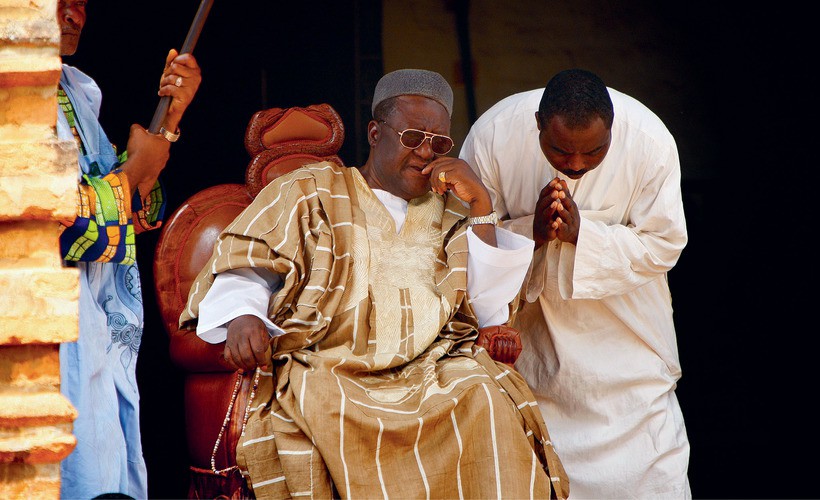
That statement – Solodovsky insists – has nothing to do with reality. According to his observations, Cameroon is now experiencing an investment boom, and the competition for the right to invest there is getting visibly keener. The United States are actively pressing out the historically dominant French businesses which still have control over the most important sectors, such as hydrocarbon production, telecoms and banking.
“Previously, there was a kind of unspoken agreement to divide areas of influence, by which Americans did not meddle in Cameroon. But they have not been standing on ceremony since the French refused to support them in Iraq,” he explains.
China Weighs In
Unlike many sub-Saharan countries, Cameroon has a developed democracy, with stable government having done a lot to make foreign money comfortable there, assures Solodovsky. In particular, it has protected investment capital with state guarantees. He agrees that, formerly, the government was reluctant to let foreigners develop the country’s rich natural resources, but that in fact this policy proved to be very wise.
“Due to this, Cameroon has avoided a serious armed struggle for local resources which is going on elsewhere in the region, where one can still meet people – mostly immigrants – with a hand cut at the wrist or elbow. That’s how the rebels and guerrillas of various kinds punish for cooperation with the government,” he notes.
Solodovsky explains the surge in Western investors’ interest in Cameroon, as a gateway to Central Africa, by the lack of investment opportunities domestically. It may turn out, however, that in the foreseeable future the leading role will be played by China, which is rapidly increasing its presence in the African continent. This presence was felt in Cameroon for the first time four or five years ago.
Solodovsky first came to realize the significance of the Middle Kingdom’s expansion when he saw a Chinese person following his car as a passenger of a motorbike – the cheapest and the most dangerous form of transport, used by the poorest people (one ride costs about five cents).
“As a rule, they ‘drop’ into a place as a team, spread over the neighborhood, and start doing business,” he says about the Chinese tactics he has noticed in Cameroon. The ‘foreman’ stays in a hotel, and nobody knows where the others live and eat.
“I saw how she – it was a woman – instructed them in the lobby every morning, after which they left on some business,” Solodovsky says.
The nature of such business can be understood with the following example. Before the Chinese came, diamonds weighing less than one carat were not priced in Cameroon. They were literally worthless, because nobody was interested in them. Today, traders from China buy these stones by the kilogram, with special scales using one-liter cans and mugs as measuring units.
According to Solodovsky, Chinese expansion has already worried the local authorities, who would like to balance it by attracting investors from Russia and other developing countries. He is ready to help international businesses improve their position in Central Africa by acting as their pilot, provided that the project is interesting enough to convince him to leave the Russian North. If it happens, then, during our next meeting, I will be dreaming not of a cup of hot tea, but rather of a glass of ice-cold cola.
The Russian Trail in African Policy
Leaders of African states who graduated from Russian higher education institutions.
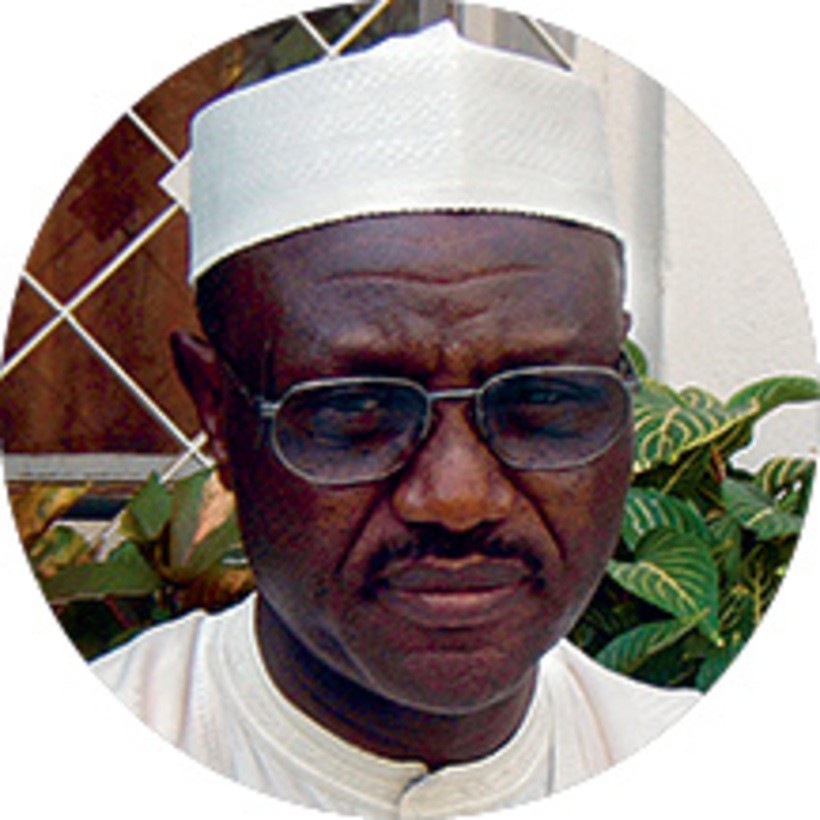
Youssouf Saleh Abbas
Former Prime Minister, Republic of Chad
Peoples’ Friendship University of Russia
Faculty of Law
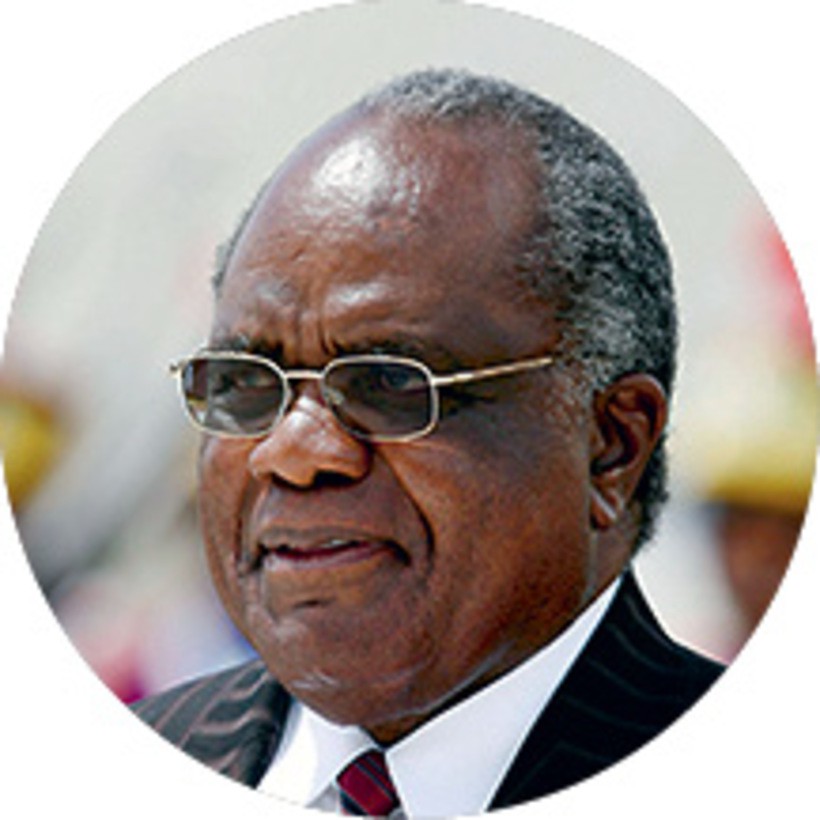
Hifikepunye Pohamba
President of Namibia
Lomonosov Moscow State University
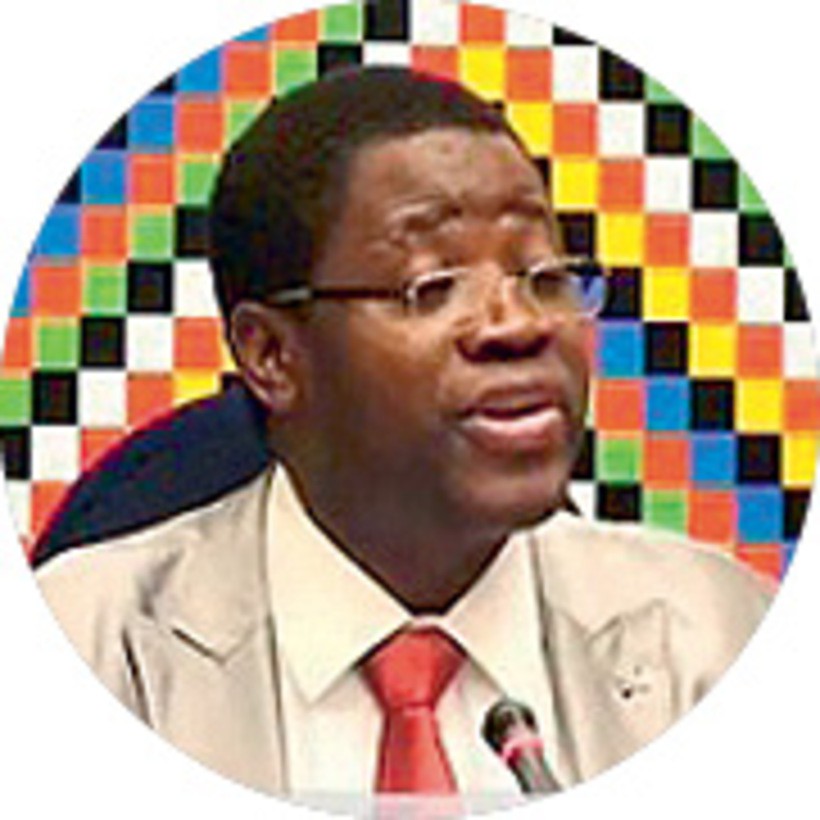
Rubén Maye Nsue Mangue
Former Minister of Justice,
Equatorial Guinea
Peoples’ Friendship University of Russia
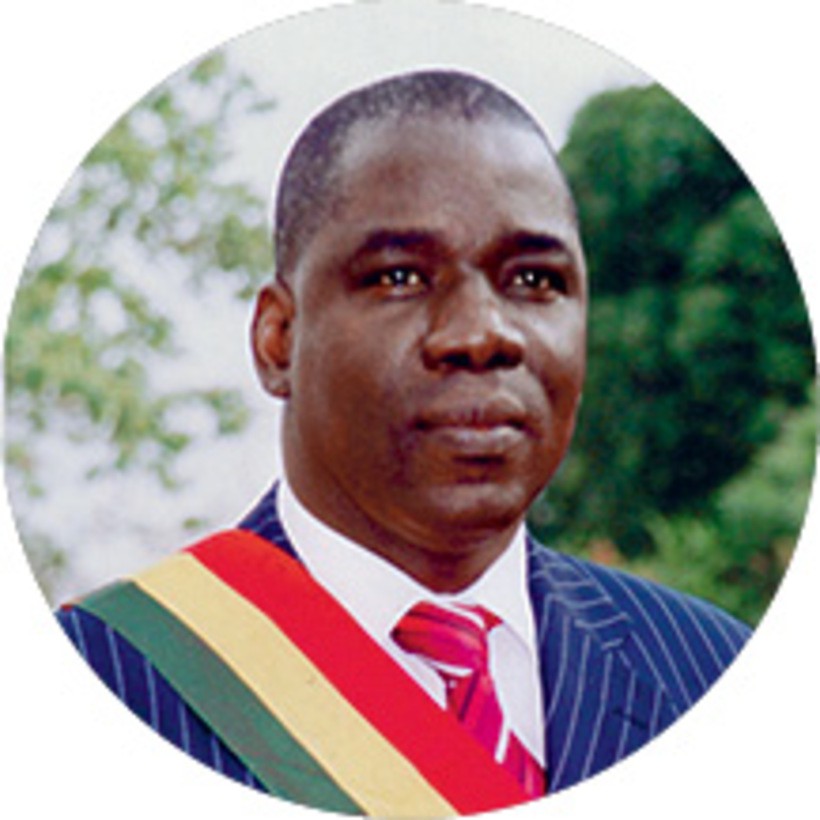
Abdramane Sylla
Vice-chairman, Mali National Assembly
Peoples’ Friendship University of Russia
Faculty of Humanitarian and Social Sciences
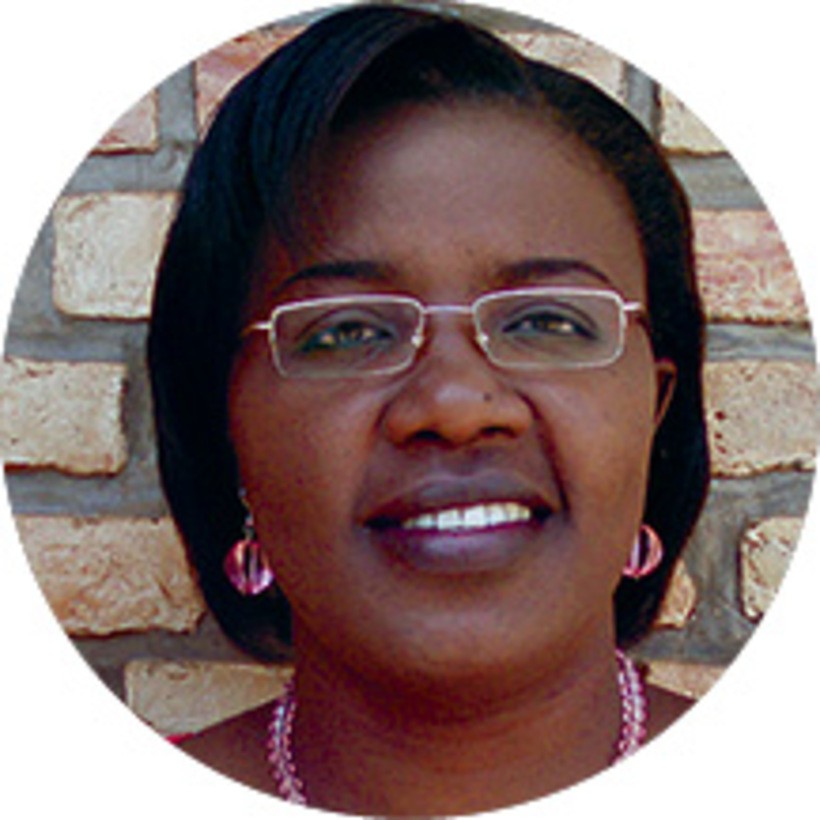
Jeanne d’Arc Mujawamariya
Former Minister of Education, Rwanda
Peoples’ Friendship University of Russia
Faculty of Physics, Mathematics and Natural Science
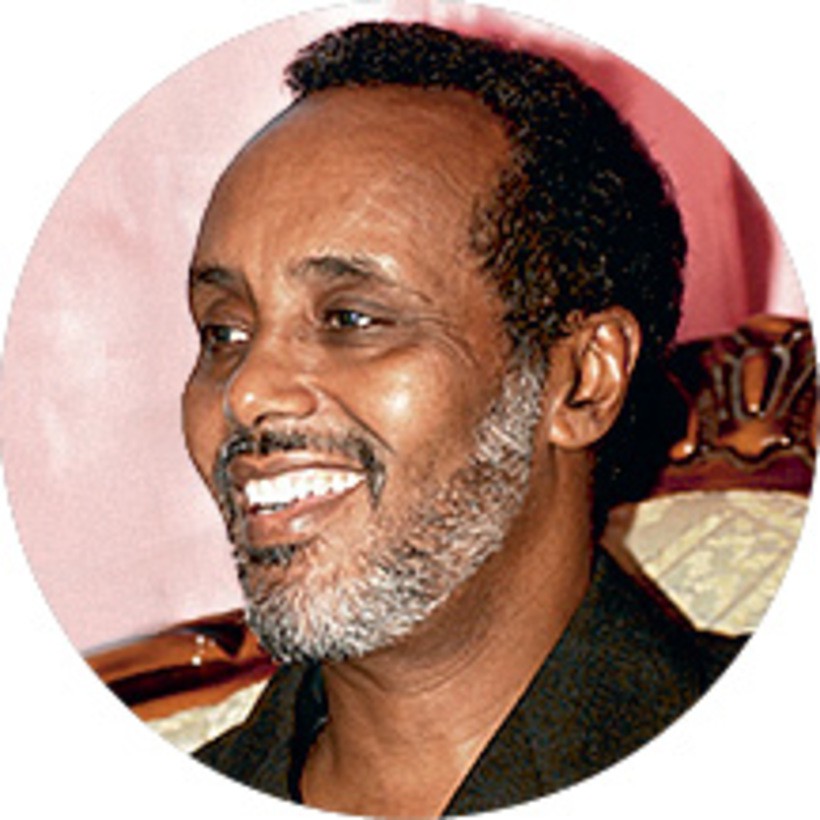
Abdiqasim Salad Hassan
Former President of Somali
Lomonosov Moscow State University
Faculty of Biology
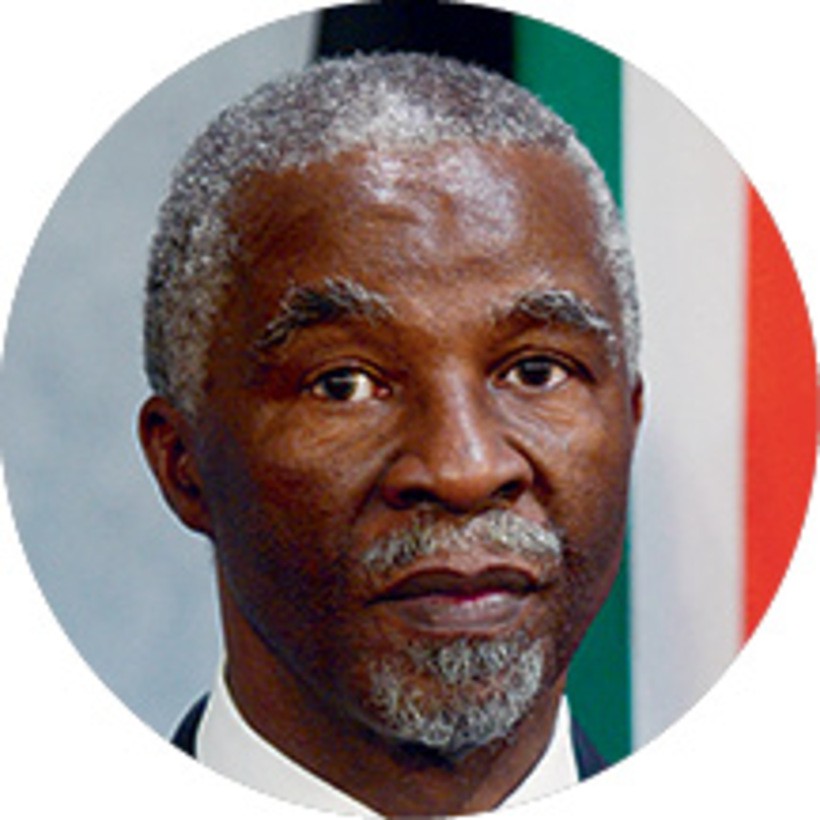
Thabo Mbeki
Former President of South Africa
Institute of Social Science at the Central Committee of the Communist Party of the Soviet Union
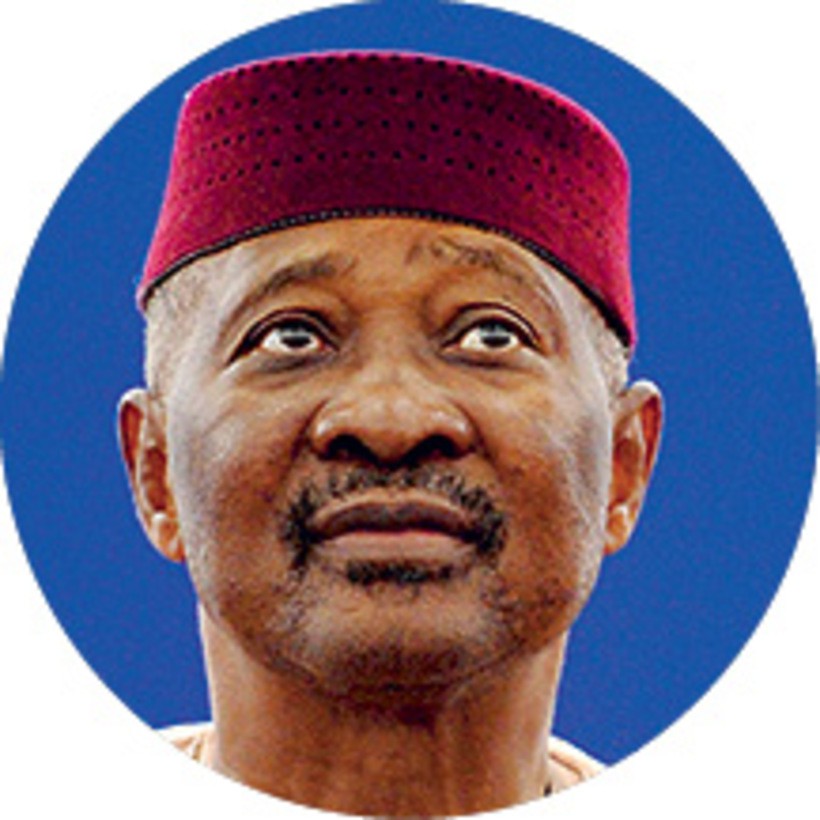
Amadou Toumani Touré
Former President of Mali
Ryazan Higher Airborne Command School
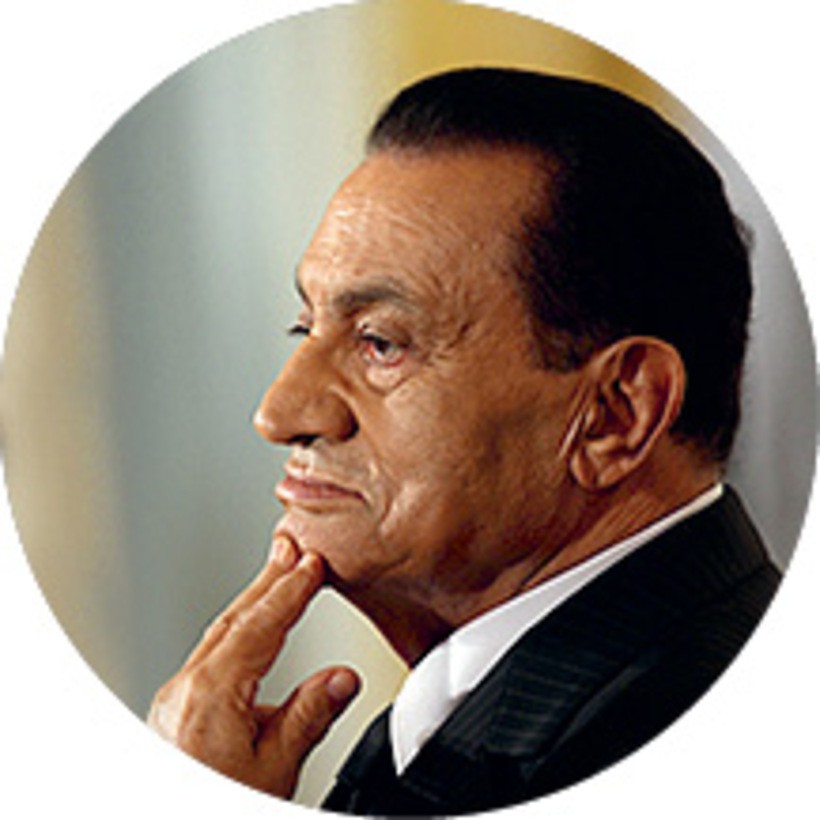
Hosni Mubarak
Former President of Egypt
Frunze Military Academy, Moscow
Postgraduate School


